Social-progress panel seeks public comment
Marc Fleurbaey and colleagues explain why and how 300 scholars in the social sciences and humanities are collaborating to synthesize knowledge for policymakers.

Send us a link
Marc Fleurbaey and colleagues explain why and how 300 scholars in the social sciences and humanities are collaborating to synthesize knowledge for policymakers.

The working group responsible for creating new guidelines for open access to research results has today delivered their report to the Norwegian Ministry of Education and Research.
Nick Hillman offers academics advice on managing expectations and ensuring that their research has a big impact
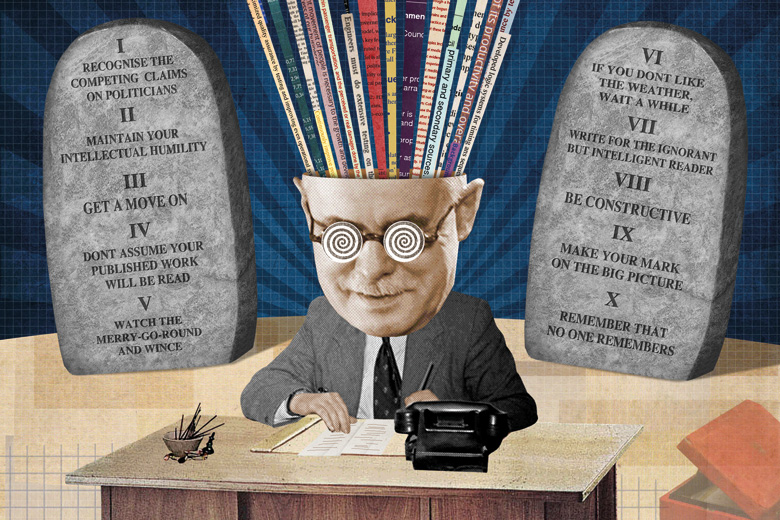
A look at novel methods to improve measurement of innovation and growth in the modern economy.
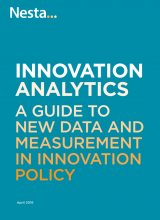
Turning scientific evidence into policy exposes a gulf between how scientists think and how policymakers work. Here’s what scientists need to know

Policymakers are moving forward with plans to turn our genetic information into potentially lucrative data. Drawing on recent Freedom of Information disclosures, Edward Hockings and Lewis Coyne ask whether we can trust our institutions with our genomes.

When presenting evidence to policymakers, scientists and other experts need to engage with the policy process that exists, not the one we wish existed.

Ben Goldacre on why a ban on researchers speaking to politicians and policymakers fails the taxpayers who fund them
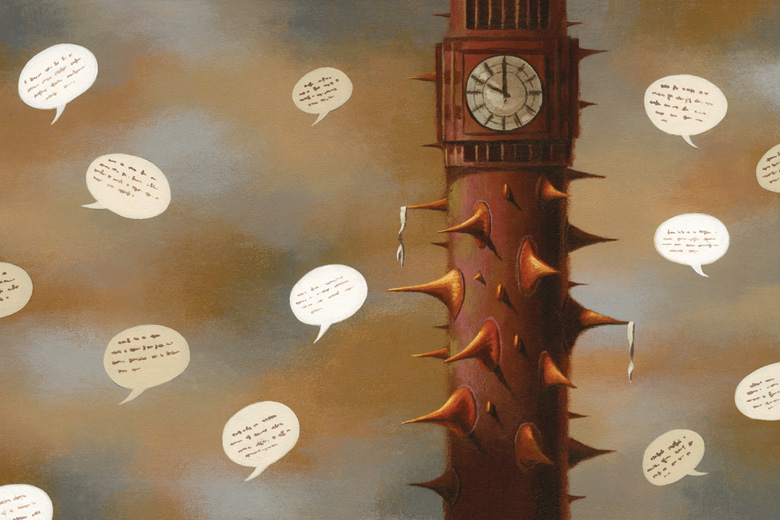
What can go wrong when governments use research to make a country look good.
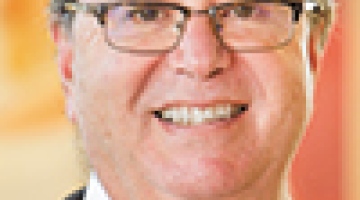
This collection brings together agenda-setting essays by policymakers, practitioners, scientists and scholars from across Europe.
There’s no doubt political parties listen to think tanks. Using them to present academic work could help researchers penetrate the Westminster bubble.
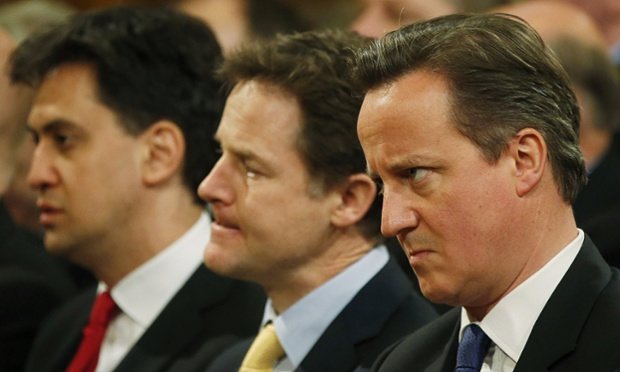
Republicans in the US Congress have put the NSF under the microscope, questioning its decisions on individual grants and the purpose of entire fields of study.
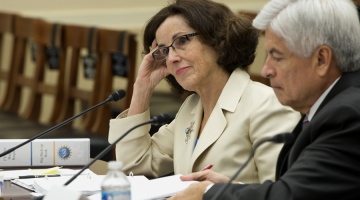
A survey finds that 87% of scientists agree with the statement “Scientists should take an active role in public policy debates about issues related to science and technology.
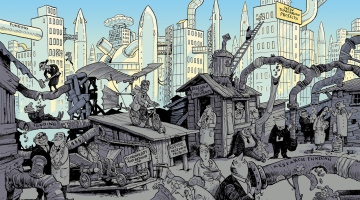
There are shifts in individual innovative productivity, which is manifested by the fact that the contribution of young scientists to science is getting smaller and – as a result of deepening of specialization – the dominance of teamwork increases.
A short essay about the new trends in science policy, communication, and public outreach.
Clearly, the key features of Silicon Valley that foster innovation and entrepreneurship can be replicated in and adapted to a wide variety of contexts.
A new network is being launched today, to strengthen science advice and evidence-based policymaking across Europe.
The desire for better evidence for public management, a growing movement calling for open access to the results of publicly funded research and the vastly increased power of computing and communications coincide to support policy interest in steering and sharing research results and data about them.